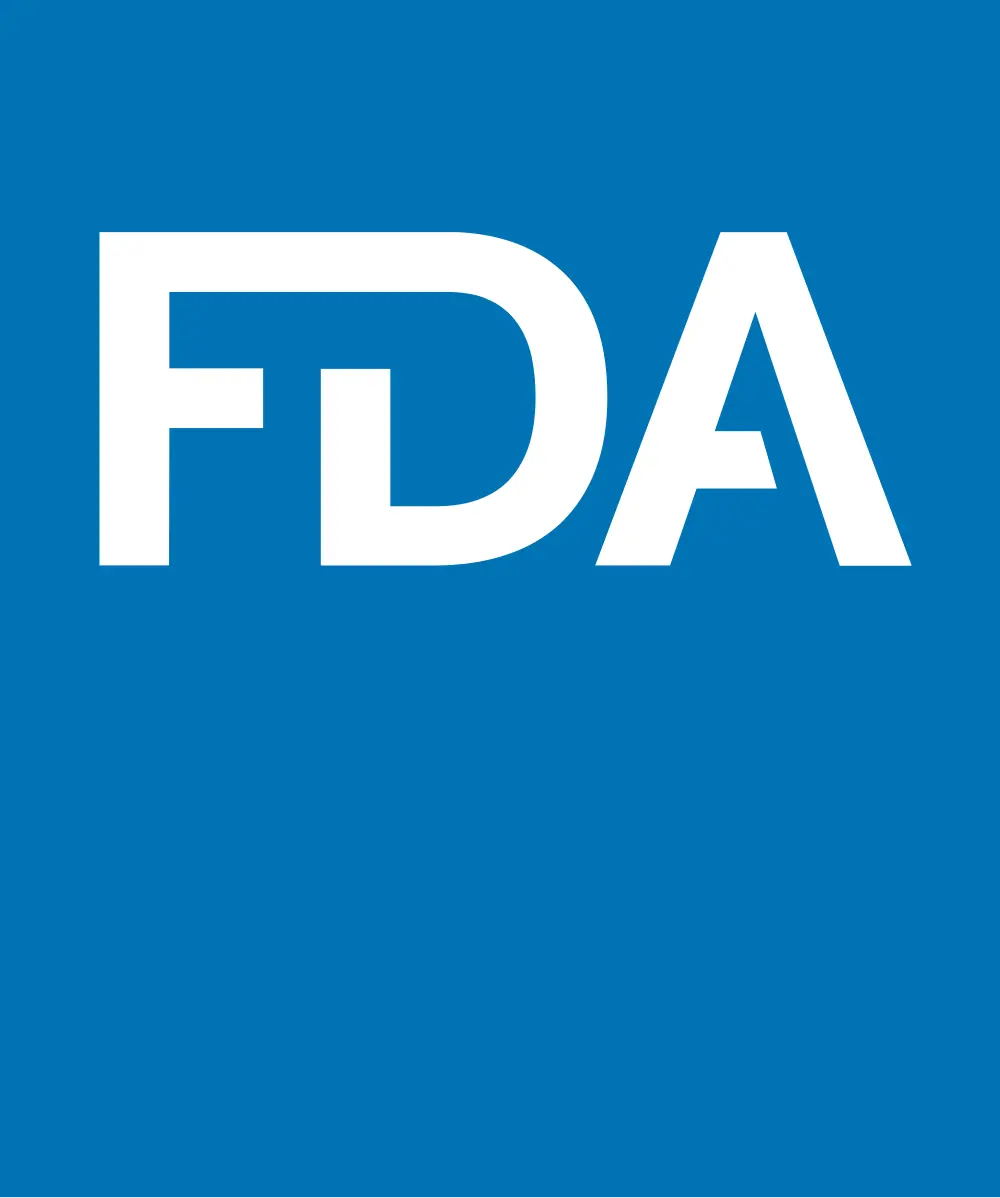

Image Credit: Wikipedia
In a recent meeting, the FDA stressed the importance of future planning and planned to add a ‘precheck’ step in the drug approval procedure to achieve pinpoint accuracy in drug selection. This discussion was led by the concern and the worst and best-case scenarios. In the meeting, the attendees showed interest and hope based on the precheck, as this integration might eliminate facility-based drug rejections. However, a few attendees appeared hesitant, as the new program would require more paperwork.
The FDA geared up draft plans for precheck in August. The plan is engineered to help companies with their new facilities in the US. The FDA had a meeting with industry representatives last September to talk about their individual vision regarding the program and gather feedback regarding manufacturing hurdles.
The senior vice president of global regulatory affairs, CMC and devices at Eli Lilly, Julia Edwards, took this event to help the FDA set a goal. While demonstrating a statement by the company’s existing evolving technology team, a team that works with companies to identify the problems related to novel technologies. Added, “If precheck is in progress, then there should be a response letter specifically for the deficiency at a facility.”
Edwards’ post for the FDA’s goal mirrors the capability the FDA hold in concentrating on manufacturing facilities to avoid late indications. The director of the FDA’s Office of Pharmaceutical Quality, Michael Kopcha, said at the meeting that the agency is keen to know about US production facilities as they are now being built. The officials should use this piece of knowledge to inform the evaluation of the chemistry, manufacturing and controls (CMC) areas of drug approval filings.
Kopcha said, “With the facilities evaluation process getting a front-loading support, we can concentrate on application reviews on product-centric considerations rather than just investing time on understanding the quality systems and facility operations.”
The FDA official stated the idea can allow a more tailored scope of quality assessments and inspections, but this doesn’t promise to aim for the program. At the meeting, associate vice president in global regulatory affairs, CMC biologics at Merck, Lucy Chang, said, “The FDA should clearly mention the benefits of being involved in the precheck program.” Chang asked the FDA whether it will hold an inspection of facilities that are involved in precheck, and also how fast it will complete the assessment process for plants in the program.